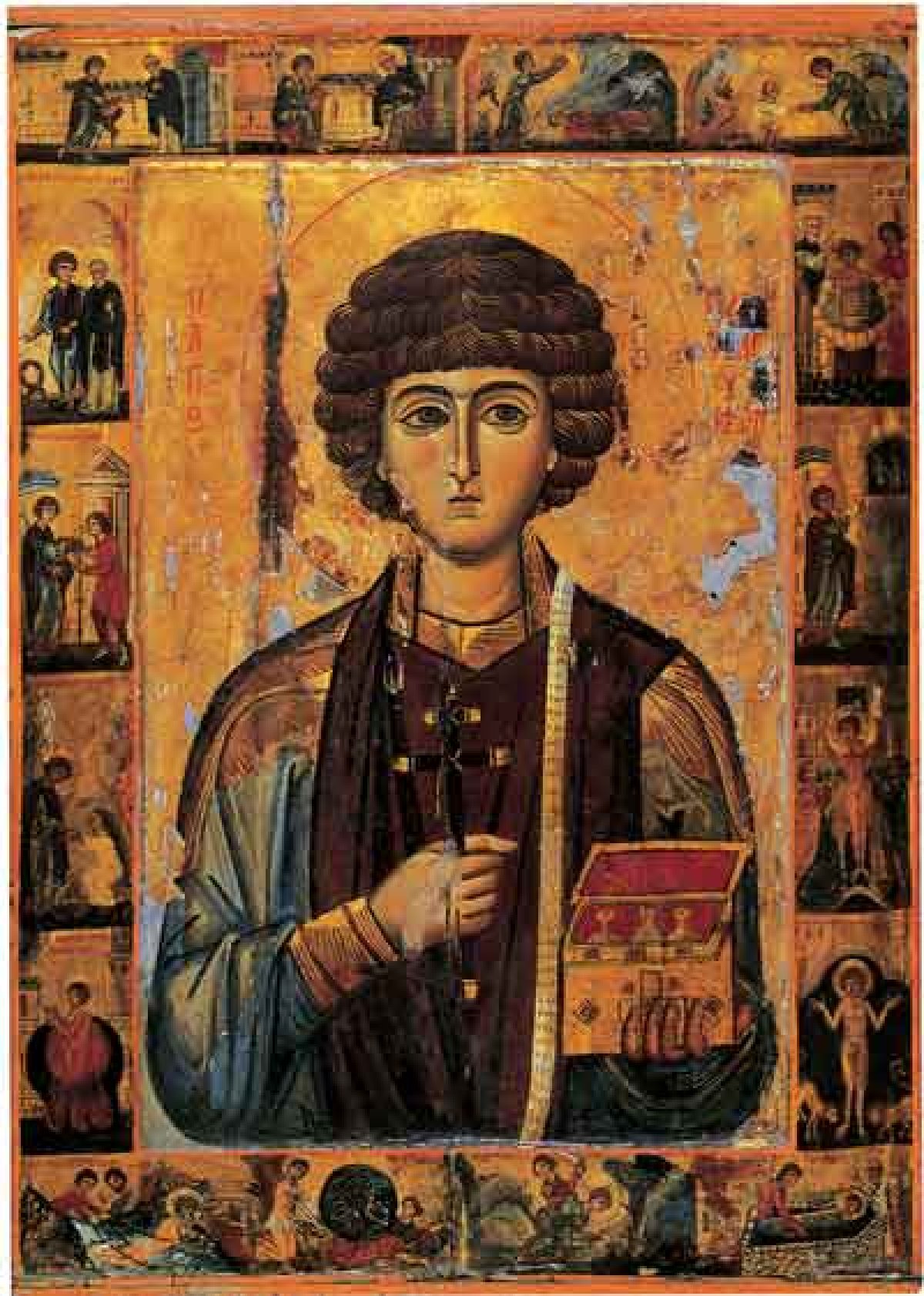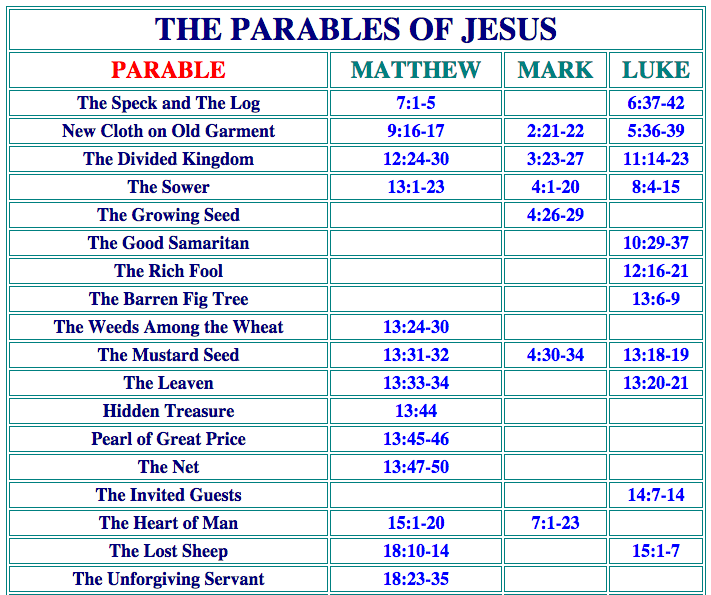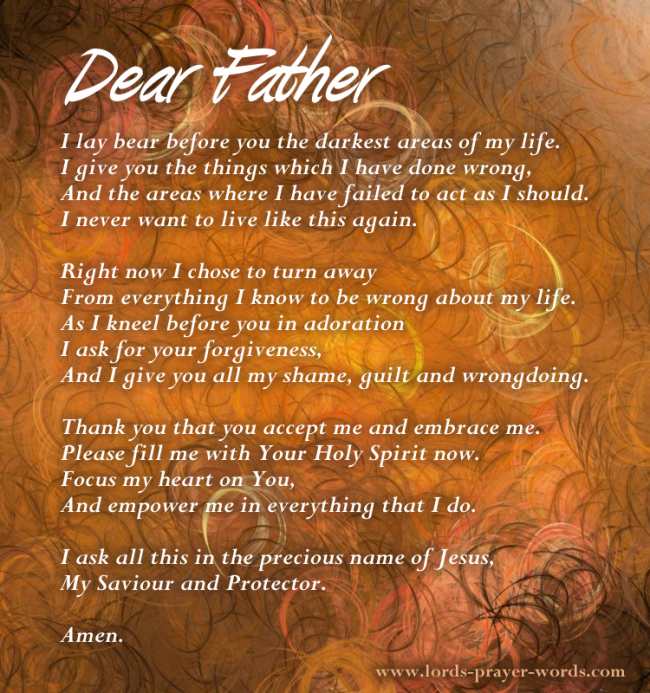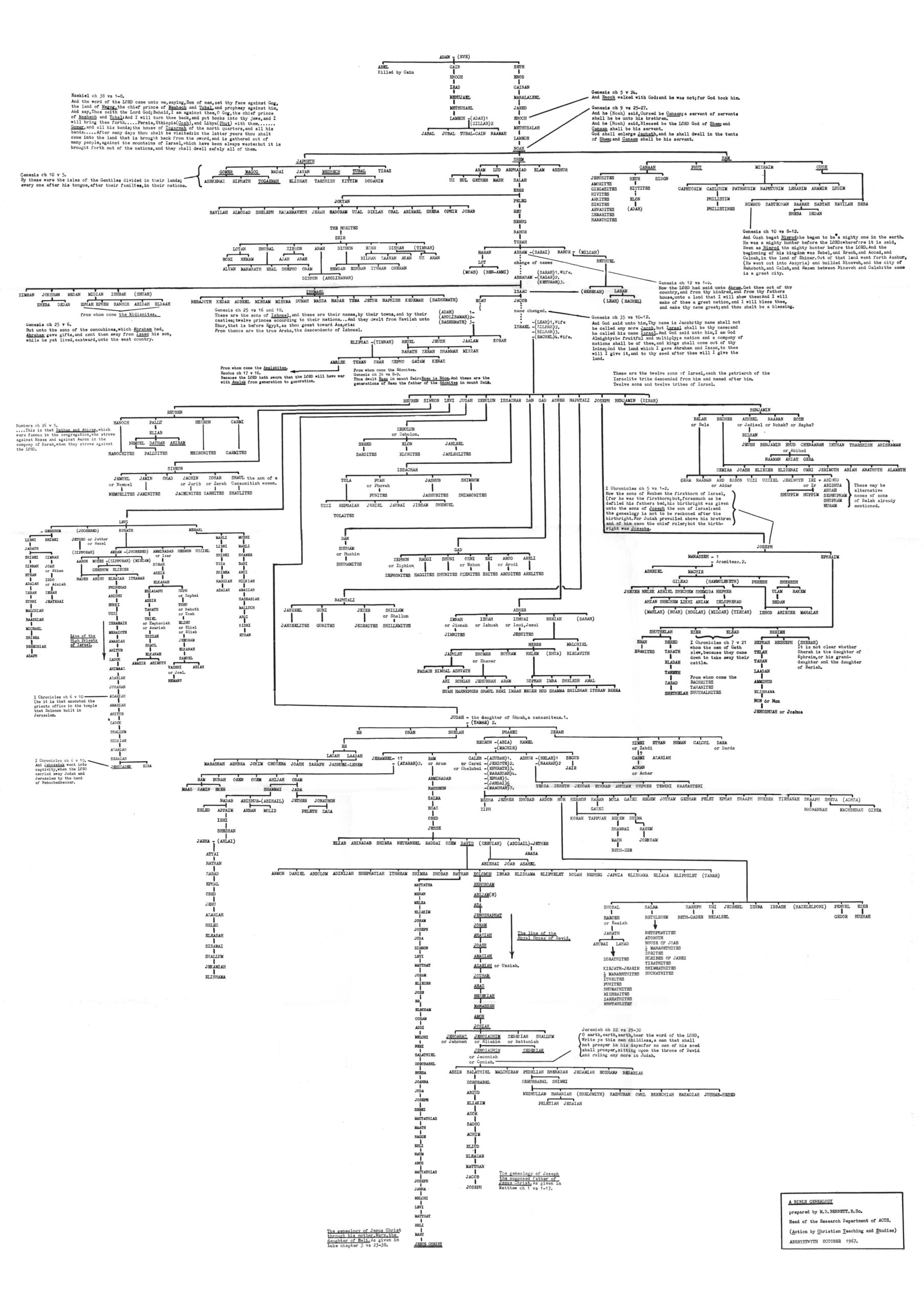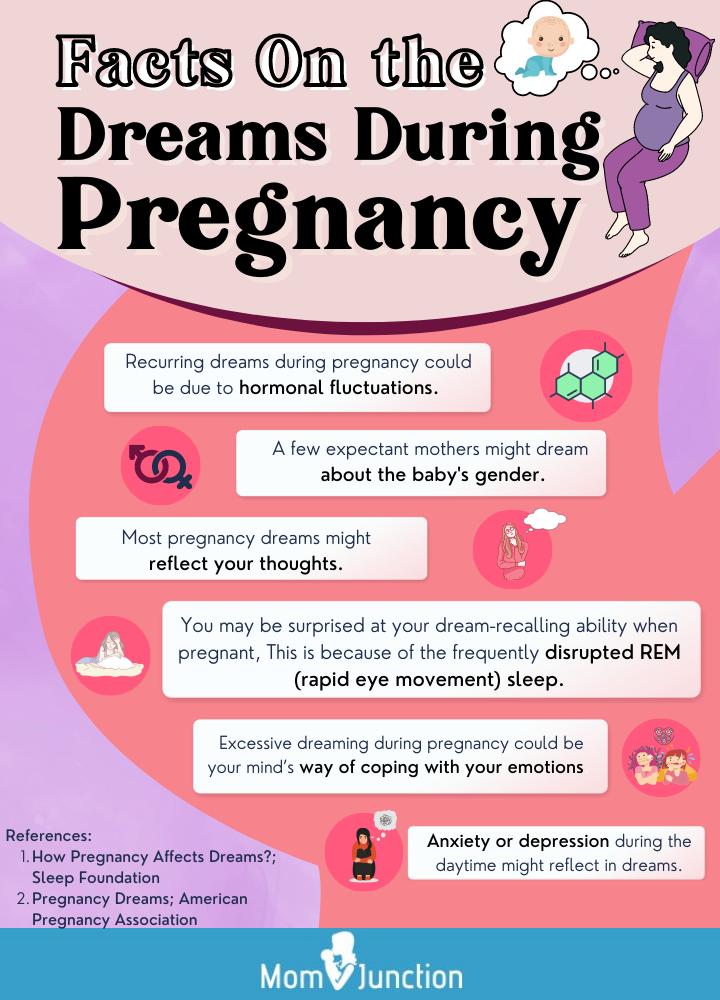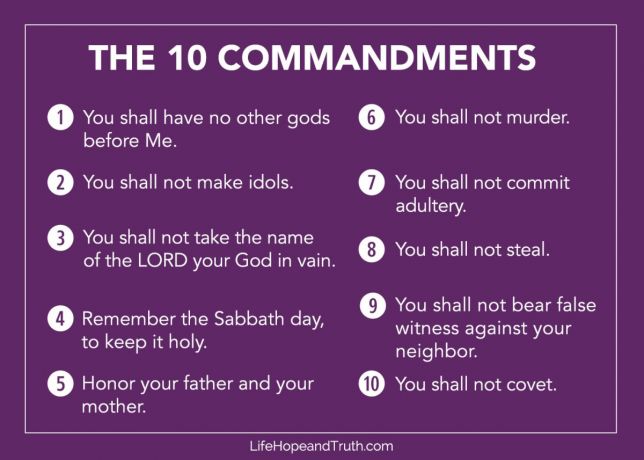List Of Books Removed From The Bible
List Of Books Removed From The Bible
The Christian canon is the list of books that the Christian church has decided to include in its Bible. The books were selected from many different sacred texts, some of which were written before Christianity existed and some during early periods of Christian history. Not all Christians agree on what should be included in this canon, but it’s generally agreed that there are 66 books that make up what we know as the Bible today—and there are others that aren’t considered canonical. Below are some examples of books removed from the Bible:
1. The Book of Enoch
- The Book of Enoch
Written in the 2nd century BC and considered apocryphal (i.e., not included in the canon) by most Christians, The Book of Enoch is the only book in the Bible that contains a prophecy about the end of the world.
The book tells us that God sent an angel named Metatron to warn Noah before he built his ark, ensuring him that he would be safe during this flood because Noah was pure and righteous. This same divine messenger also appears during Jesus’ crucifixion to assist with His resurrection and guide Him back into heaven after three days on earth.
2. The Book of Jubilees
The Book of Jubilees is a pseudepigraphical work, attributed to Moses. It was originally written in Hebrew, but later translated into Greek, Latin, English, and other languages. This book was not included in the Jewish canon for reasons which are unclear; some scholars believe that it was excluded because it contradicted the Torah or Torah-based traditions (such as those found in Proverbs), while others suggest that differences between Judaism and Christianity played a role.
This book also contains several references to God as female; this may have been due to influence from Gnosticism or Zoroastrianism (which had similar ideas). The author of Jubilees believed himself to be writing down teachings given by angels on Mount Sinai when Moses ascended there after parting the Red Sea.[2]
3. The Book of Jasher
The Book of Jasher (Hebrew: ספר ישׁר, Sefer Yashar) is an ancient text that was once included in the Bible, but is not included in modern bibles. The author of this book is unknown and its purpose is also unknown. However, some believe that it was written by Moses while others believe it was written by Samuel or Joshua. It has been translated into many languages including English, French and German.
The Book of Jasher claims that this book was given to Moses on Mount Sinai along with other religious texts such as Deuteronomy and Leviticus.[1] However, historians have found no evidence to support these claims or any mention of it before 1385 AD when its first manuscript surfaced during the reign of King Richard II (1257-1399).
4. The Gospel of the Nazarenes
The Gospel of the Nazarenes is an apocryphal gospel written at about the same time as the canonical gospels, but it has not been included in modern bibles. As with other apocryphal texts, there are many versions of this gospel available from different sources.
5. The Gospel of the Ebionites
The Gospel of the Ebionites is a gospel that was written by the Ebionites, a Jewish Christian sect. It is not in the canon and does not appear to be written by an apostle.
6. Didache
- Didache is an early Christian text written in the first century. It is a short manual of Christian teaching, written in the form of instructions. It is not included in the canon of the New Testament, but is still studied by scholars.
- To summarize what you learned from this section:
- Didache was not included in the New Testament because it did not have enough evidence to support its claim that it was written by Jesus himself. However, there are still some people who believe that this book contains teachings from Jesus himself so they believe it should be included in the New Testament despite their lack of evidence for their claims
7. The Epistle of Barnabas
The Epistle of Barnabas is a book of the New Testament. It was written by Barnabas, an early Christian, who was one of the Apostolic Fathers. The Epistle’s purpose is to encourage new converts to Christianity and explain what true faith means.
The book was considered canonical by Catholics but not by most Protestants; however, it has been included in some modern biblical canons as a deuterocanonical or apocryphal work (see Biblical canon).
8. The Shepherd Of Hermas
The Shepherd of Hermas was written in the 2nd century AD and is the only work of the Apostolic Fathers to be included in the canon of the Catholic Church. It is a Christian book of parables, written in the form of a vision (a divinely granted dream or waking vision).
9. The Apocalypse of Baruch (2 Baruch) (not to be confused with the Book of Jeremiah, which is also called 1 Baruch)
The Apocalypse of Baruch was written in the first century BC. This book is not included in the canon of the Old Testament, and neither is it included in the canon of either the New Testament or Apocrypha.
10. The rest of the Odes of Solomon (only one ode remains in modern bibles)
- The rest of the Odes of Solomon (only one ode remains in modern bibles)
The Odes of Solomon are a collection of 17 hymns, written in the late first century BC or early first century AD. They are not considered part of either canonical or deuterocanonical books. In terms of content, they appear to reflect Stoic and Gnostic beliefs and practices concerning Jesus Christ and his relationship with God, but there is no definitive consensus on their source material. Although many believe that these poems were written by King Solomon himself (hence their name), some scholars suspect that they were actually written by someone else who lived much later than him
11. Psalm 151
Psalm 151 is a Psalm of Solomon. It is not in the Bible, nor is it in any of these canons:
- Christian canon
- Jewish canon (which includes the Sephardic Jewish canon)
- Islamic canon (the Qur’an)
- Ethiopian Orthodox and Coptic Christian canons
and Armenian Orthodox Church
These are the books removed from the Christian canon, the ones not included in modern bibles
The books removed from the Christian canon, the ones not included in modern bibles, are as follows:
- The Shepherd of Hermas
- The Epistle of Barnabas
- The Didache (Teaching of the Twelve Apostles)
- Clement (who is also called Titus Flavius Clemens)
- Apocalypse of Peter
- Revelation of John (Book on Secrets)
The books listed in this article were removed from the Christian canon, a list of books considered to be canonical by most Christians. However, they are still important parts of Jewish and Islamic scripture. While some Christians believe these books were removed because they were not part of God’s word or because they had errors in them, others see them as being excluded due to political reasons such as protecting Rome’s control over Israel at that time period.
